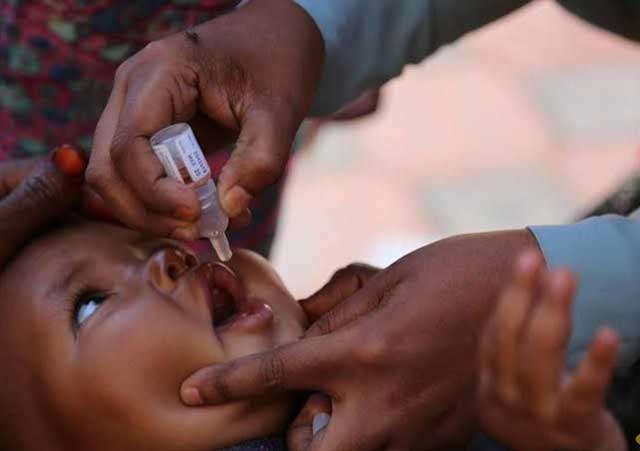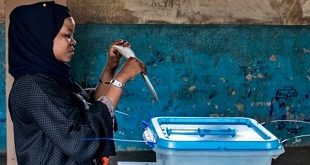
United Nations, USA | Xinhua | A new report of the UN Children’s Fund (UNICEF) finds that public perception of the importance of vaccines for children declined during the COVID-19 pandemic in 52 out of 55 countries studied.
The State of the World’s Children 2023 report, which, for the first time, is solely dedicated to routine immunization, reveals that the perception of the importance of vaccines for children declined by more than a third in South Korea, Papua New Guinea, Ghana, Senegal and Japan after the start of the pandemic.
China, India and Mexico were the only ones among the 55 countries studied where the data indicates the perception of the importance of vaccines held firm or even improved, according to the report, which was launched on Thursday.
Vaccine confidence is volatile and time specific. Additional data collection and further analysis will be required to determine if the findings are indicative of a longer-term trend. Despite the falls, overall support for vaccines remains relatively strong. In almost half of the 55 countries studied more than 80 percent of respondents perceived vaccines as important for children, said UNICEF.
However, the report warns that the confluence of several factors suggests the threat of vaccine hesitancy may be growing. These factors include uncertainty about the response to the pandemic, growing access to misleading information, declining trust in expertise, and political polarization.
“At the height of the pandemic, scientists rapidly developed vaccines that saved countless lives. But despite this historic achievement, fear and disinformation about all types of vaccines circulated as widely as the virus itself,” said UNICEF Executive Director Catherine Russell in a press release. “This data is a worrying warning signal. We cannot allow confidence in routine immunizations to become another victim of the pandemic. Otherwise, the next wave of deaths could be of more children with measles, diphtheria or other preventable diseases.”
The COVID-19 pandemic interrupted childhood vaccination almost everywhere, especially due to intense demands on health systems, the diversion of immunization resources to COVID-19 vaccination, health worker shortages and stay-at-home measures.
The report finds that 67 million children missed out on vaccinations between 2019 and 2021. Children born just before or during the pandemic are now moving past the age when they would normally be vaccinated, underscoring the need for urgent action to catch up on those who were missed and prevent deadly disease outbreaks.
We’re facing the largest continuous decline in childhood vaccinations in 30 years.
UNICEF’s @LilyCaprani speaks about how millions of children’s futures are at risk. V @NPR https://t.co/9BvRzFgDz0
— UNICEF (@UNICEF) April 21, 2023
In 2022, the number of measles cases was more than double the total in the previous year. The number of children paralyzed by polio was up 16 percent year on year in 2022. When comparing the 2019 to 2021 period with the previous three-year period, there was an eight-fold increase in the number of children paralyzed by polio, highlighting the need to ensure vaccination efforts are sustained.
The pandemic also exacerbated existing inequities. For far too many children, especially in the most marginalized communities, vaccination is still not available, accessible or affordable. Even before the pandemic, progress on vaccination had stalled for almost a decade as the world struggled to reach the most marginalized children.
Of the 67 million children who missed out on routine vaccination between 2019 and 2021, 48 million of them did not receive a single routine vaccine. By the end of 2021, India and Nigeria — both countries with very large birth cohorts — had the largest numbers of zero-dose children. But increases in the numbers of zero-dose children were especially notable in Myanmar and the Philippines, shows the report.
The report urges governments to urgently identify and reach all children, especially those who missed vaccinations during the COVID-19 pandemic; strengthen demand for vaccines, including by building confidence; prioritize funding to immunization services and primary health care; build resilient health systems through investment in female health workers, innovation and local manufacturing.
“Immunizations have saved millions of lives and protected communities from deadly disease outbreaks,” said Russell. “We know all too well that diseases do not respect borders. Routine immunizations and strong health systems are our best shot at preventing future pandemics, unnecessary deaths and suffering. With resources still available from the COVID-19 vaccination drive, now is the time to redirect those funds to strengthen immunization services and invest in sustainable systems for every child.”
 The Independent Uganda: You get the Truth we Pay the Price
The Independent Uganda: You get the Truth we Pay the Price


